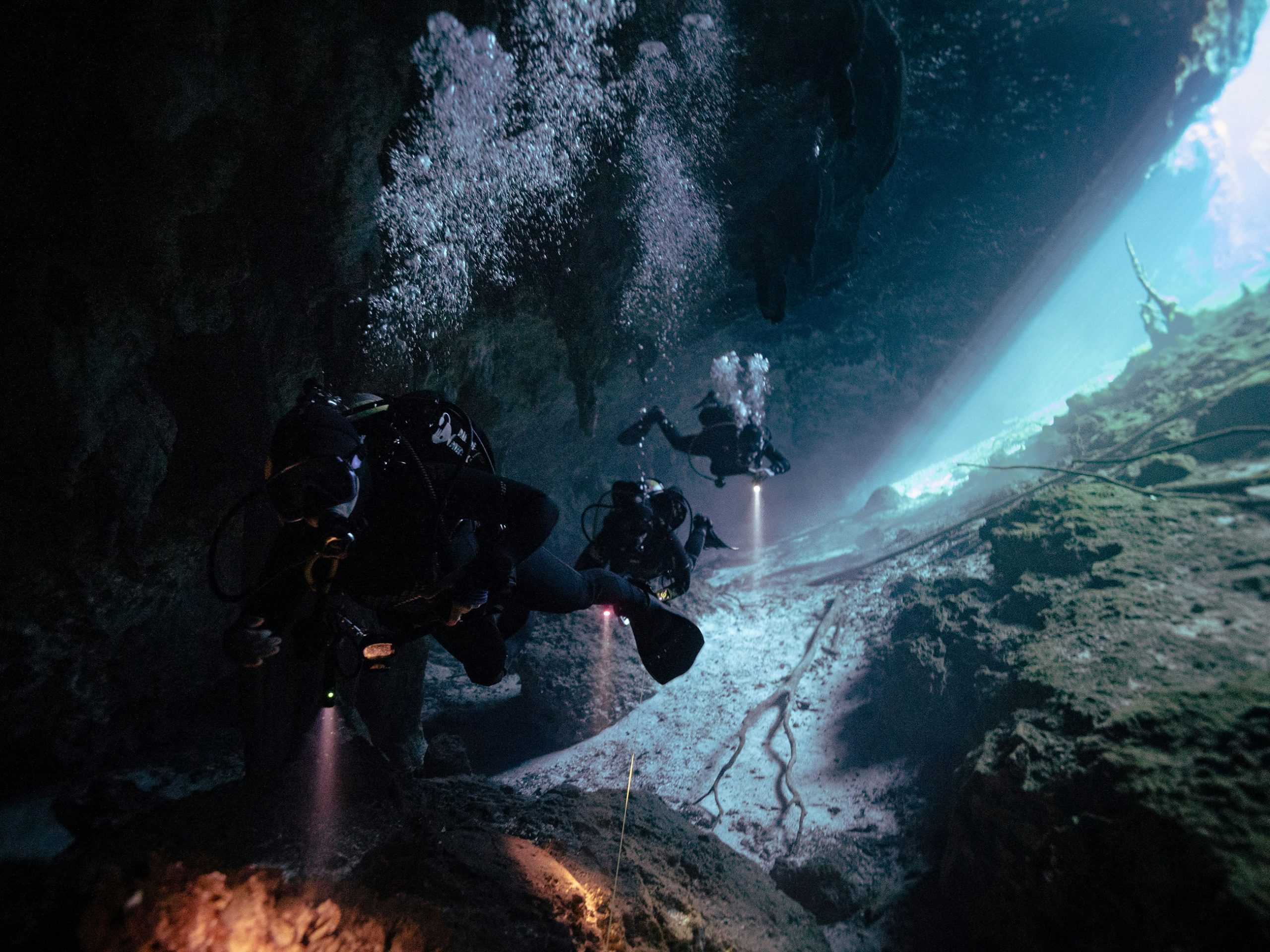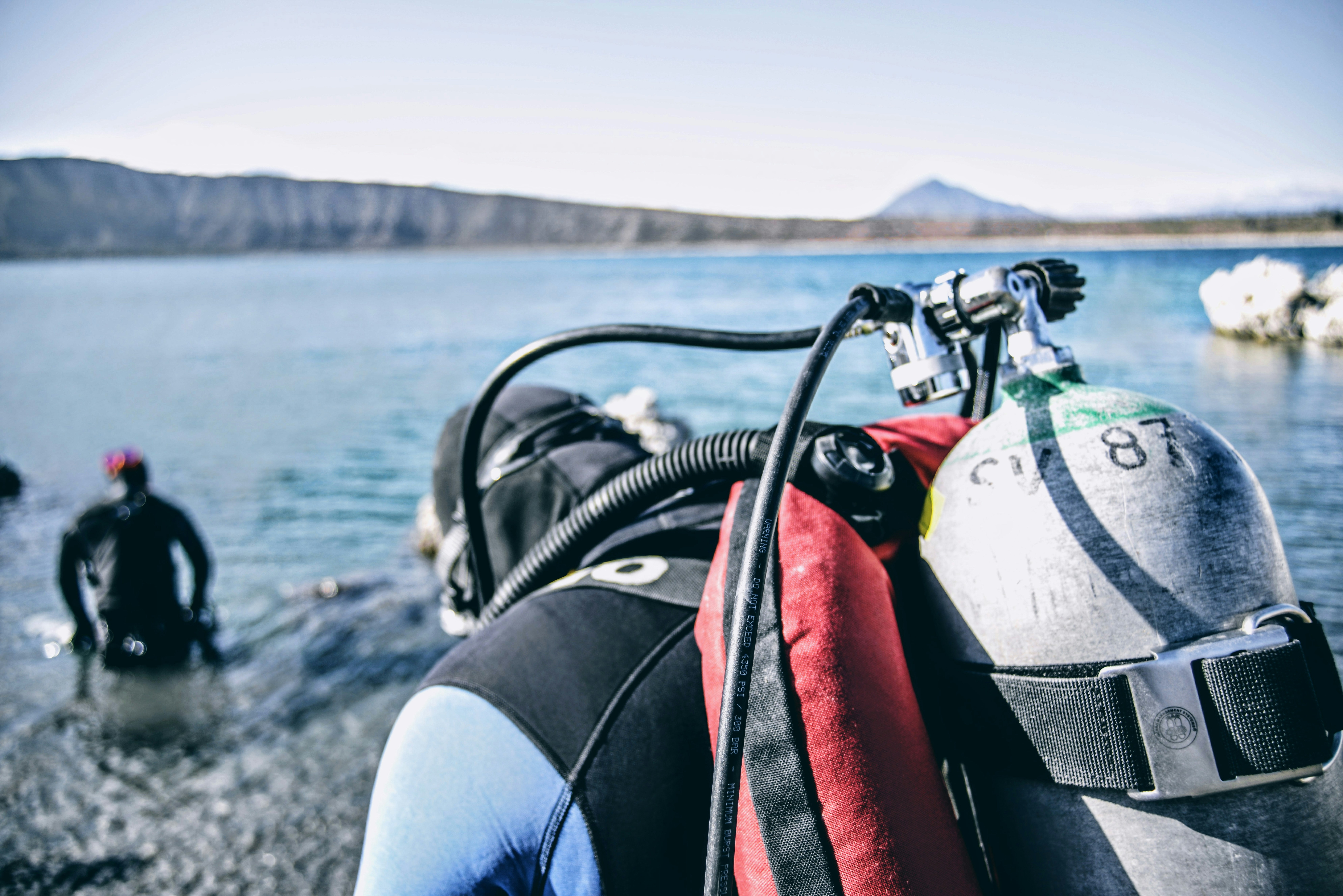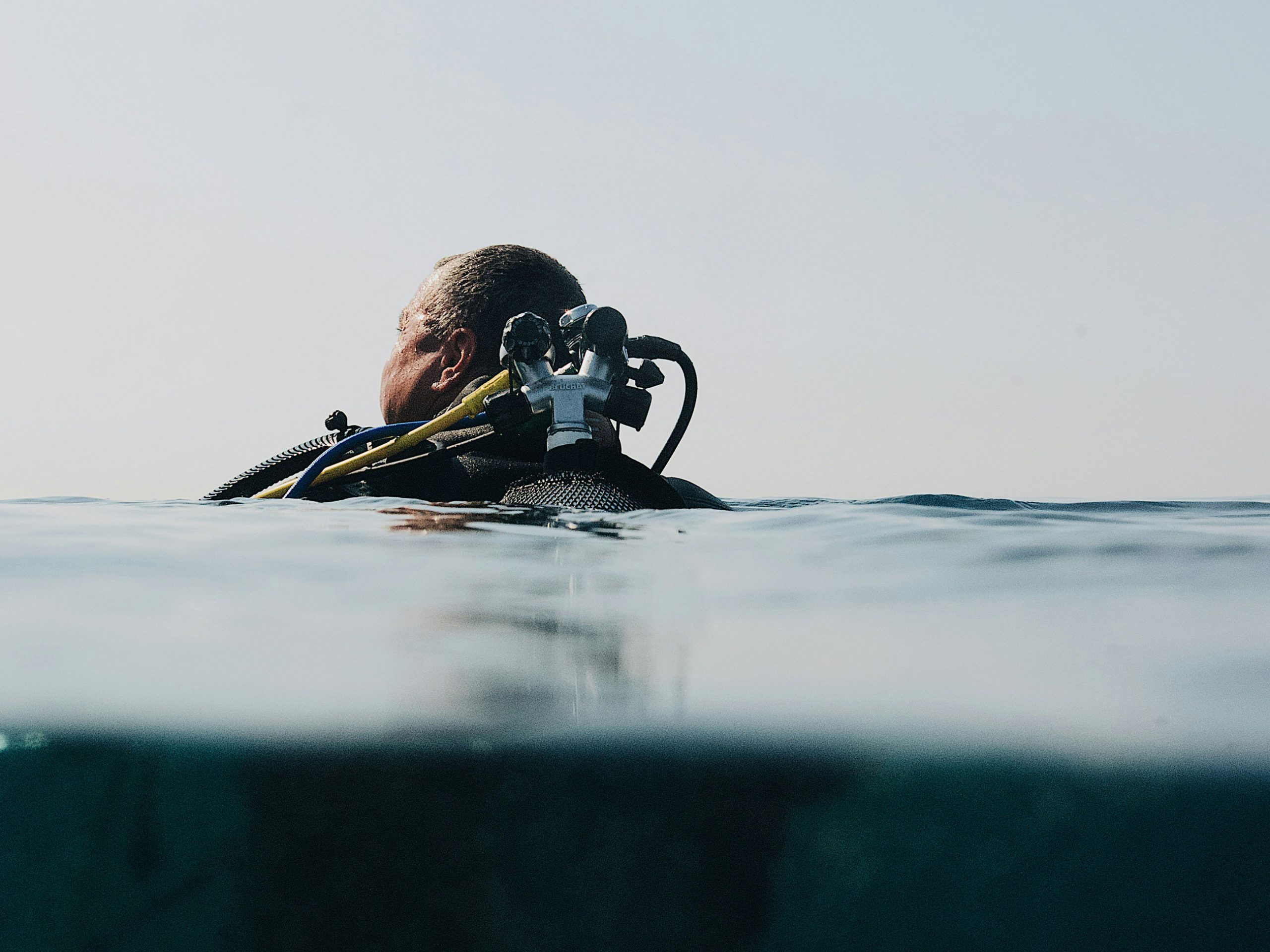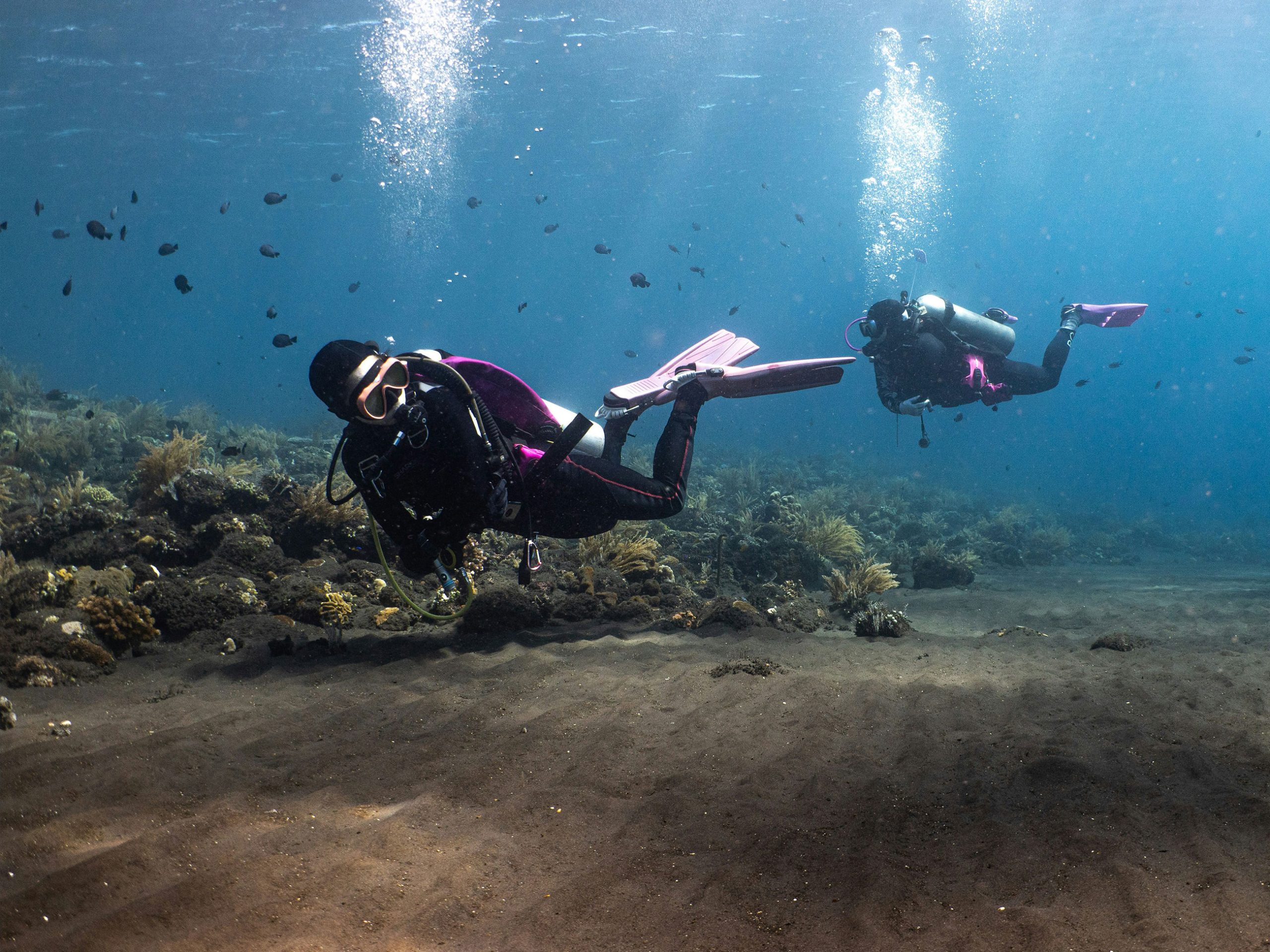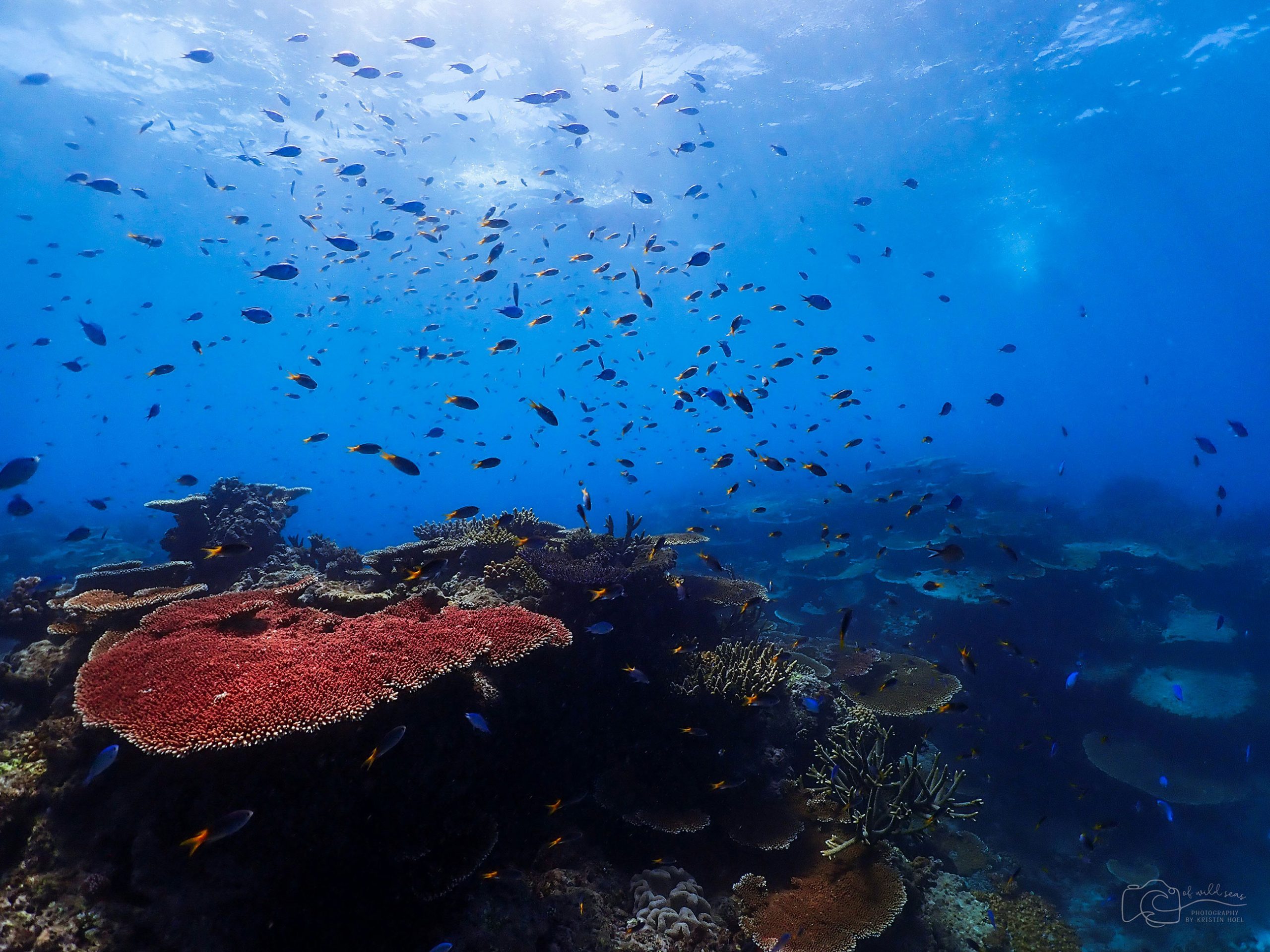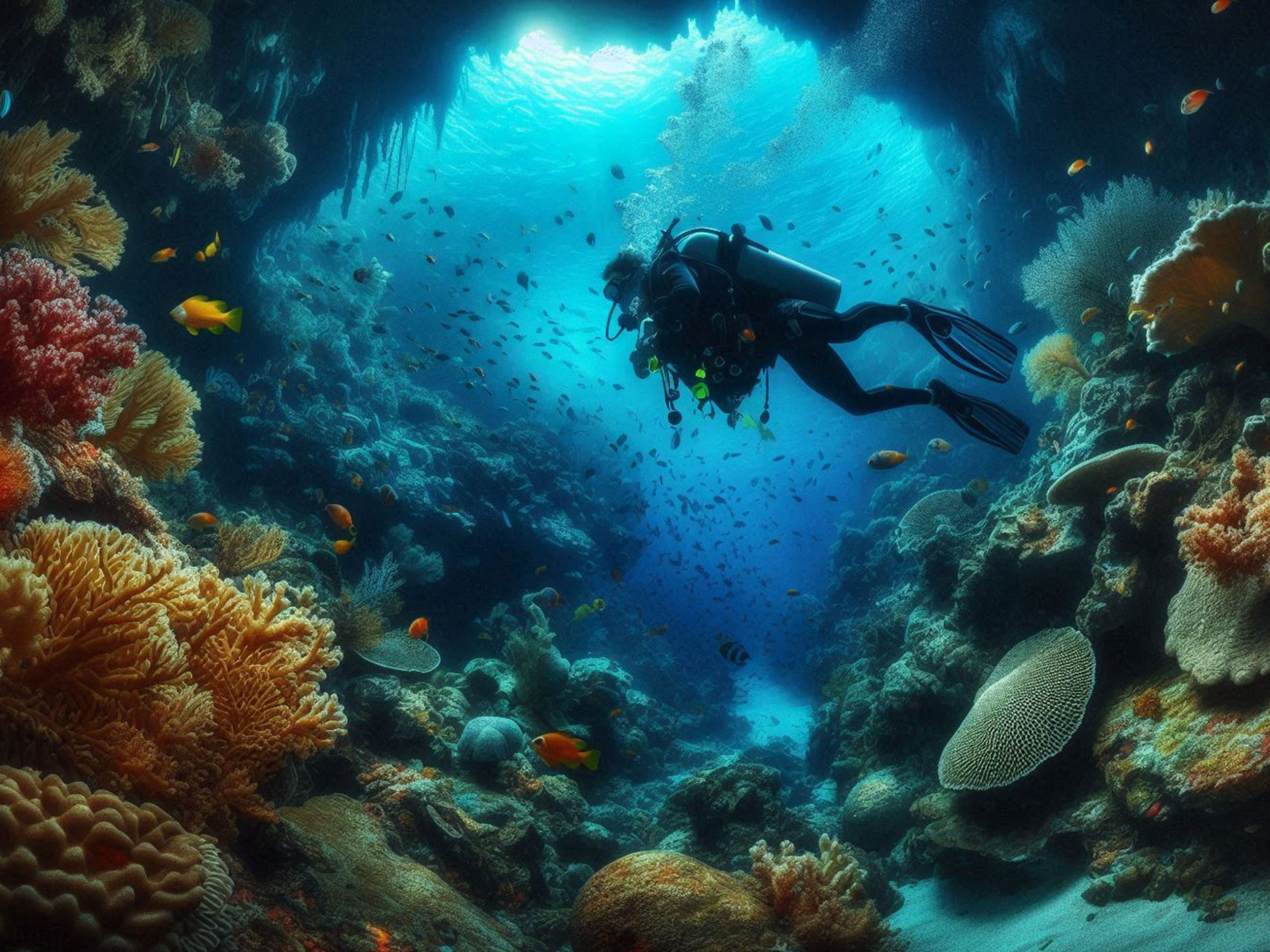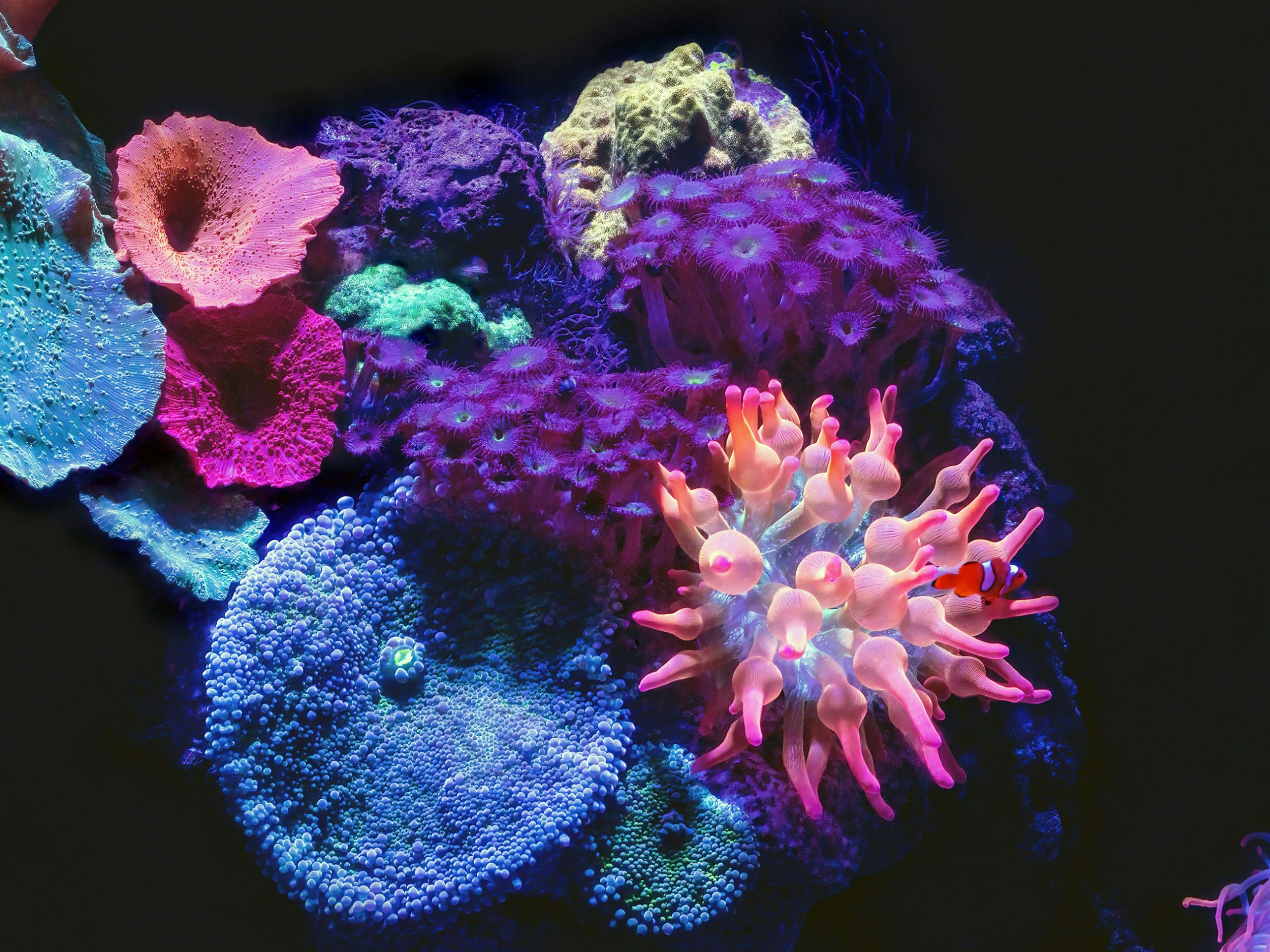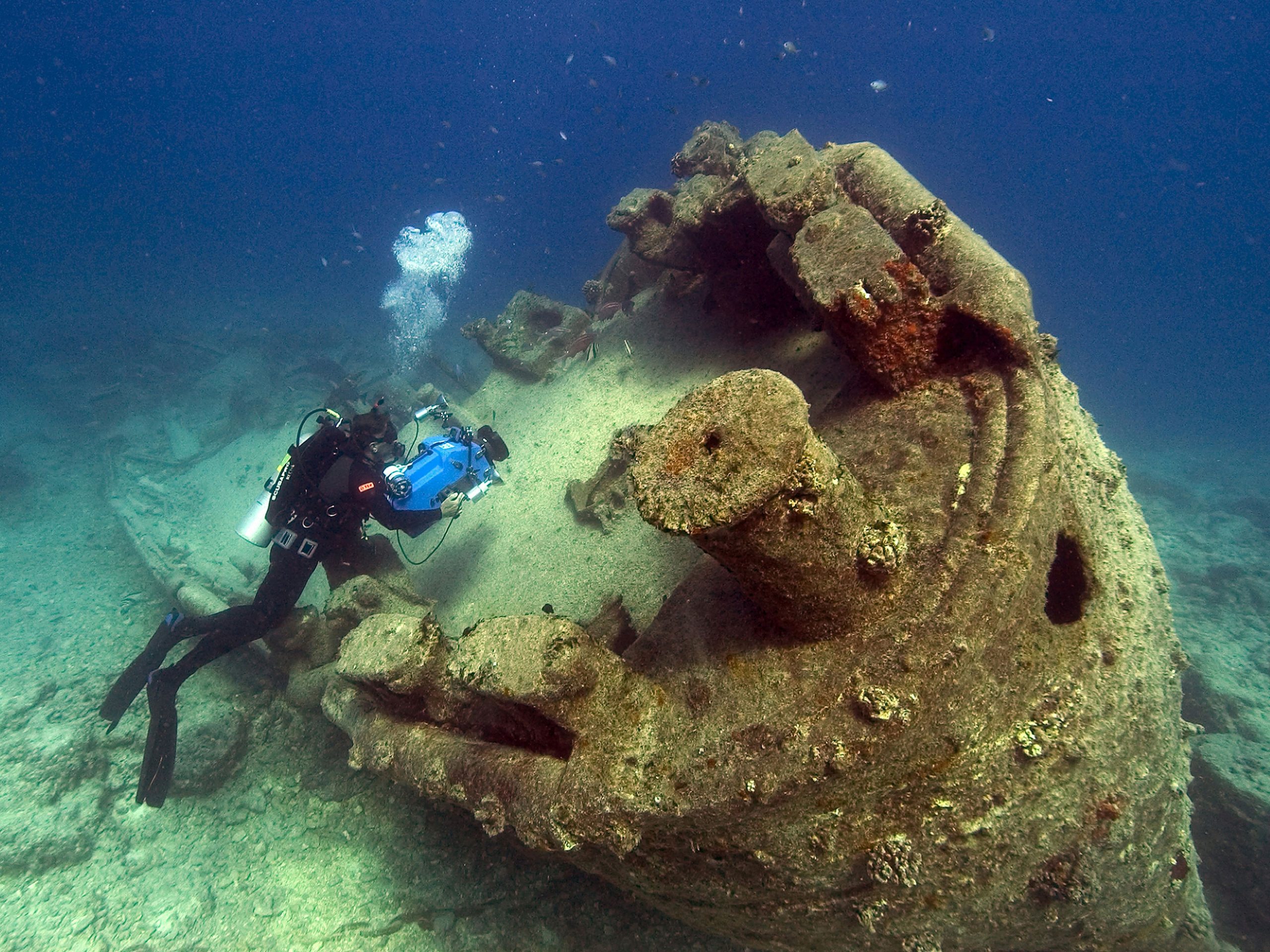Cave diving is more than just an underwater adventure—it’s a journey into the unknown, where you encounter breathtaking geological formations, mysterious ecosystems, and the thrill of exploration. For intermediate scuba divers looking to take the plunge into more technical diving, cave diving offers the perfect challenge. But it’s not for the faint-hearted. This guide will help you understand the essentials of cave diving and prepare for the adventures that lie beneath the surface.
What is Cave Diving?
Cave diving is a form of technical diving that involves exploring underwater caves—enclosed environments that often extend hundreds of meters into the earth. Unlike cavern diving, where daylight is visible from the entrance, cave diving takes you far into the dark, requiring specialized training, equipment, and planning.
What makes cave diving so special?
- Unique Scenery: Underwater caves feature formations like stalactites, stalagmites, and submerged tunnels that can feel otherworldly.
- Rare Ecosystems: Some caves host creatures that exist nowhere else on Earth.
- Adventure Factor: The combination of physical skill and mental focus makes each dive an exhilarating challenge.
Why Divers Are Drawn to Cave Diving
Intermediate scuba divers often find themselves asking, “What’s next?” Cave diving answers that question with its unparalleled sense of discovery. Here are the top reasons divers are captivated by it:
- Adventure: Nothing matches the thrill of venturing where few have gone before.
- Beauty: Cave diving reveals a hidden world of sparkling formations and crystal-clear water.
- Biological Wonders: Many underwater caves are home to unique, often endemic species.
- Historical Significance: Some caves contain ancient fossils or submerged artifacts, giving you a glimpse into Earth’s past.
Required Training and Certifications
Cave diving isn’t something you can jump into without preparation. It’s a high-risk activity that demands a step-by-step approach to training. Here’s the typical pathway for becoming a certified cave diver:
- Advanced Open Water Diver: This prerequisite course refines your basic skills and introduces deep diving.
- Cavern Diving Course: Teaches the basics of diving in overhead environments while staying close to the surface.
- Intro to Cave Diving: Focuses on navigation, guideline use, and emergency procedures.
- Full Cave Diver Certification: Prepares you for advanced challenges, including deep penetration dives and more complex cave systems.
Essential Equipment for Cave Diving
Cave diving requires a specialized gear setup to ensure safety and efficiency. Redundancy is the name of the game—backup systems are critical.
- Twin Tanks or Side-Mount Setup: Provides enough gas for long dives and offers redundancy in case of equipment failure.
- Primary and Backup Lights: Navigating pitch-dark caves requires robust lighting systems.
- Reels and Guide Lines: Essential for marking your path and finding your way back to the exit.
- Dry Suits or Thick Wetsuits: Keeps you warm in cold-water caves.
- Helmet: Protects your head from low ceilings and provides a mount for your primary light.
- Dive Computers: Tracks your depth, time, and decompression needs.
Key Cave Diving Techniques
Cave diving involves more than just swimming through tunnels. Mastering these techniques is crucial for success:
- Buoyancy Control: Keeps you from disturbing silt or damaging delicate formations.
- Navigation: Use reels and guidelines to avoid getting lost. The “rule of thirds” helps manage your air supply (one-third for entry, one-third for exit, and one-third for emergencies).
- Finning Techniques: Frog kicks or helicopter turns prevent stirring up silt and maintain visibility.
- Emergency Skills: Practice protocols for handling equipment failures or lost visibility.
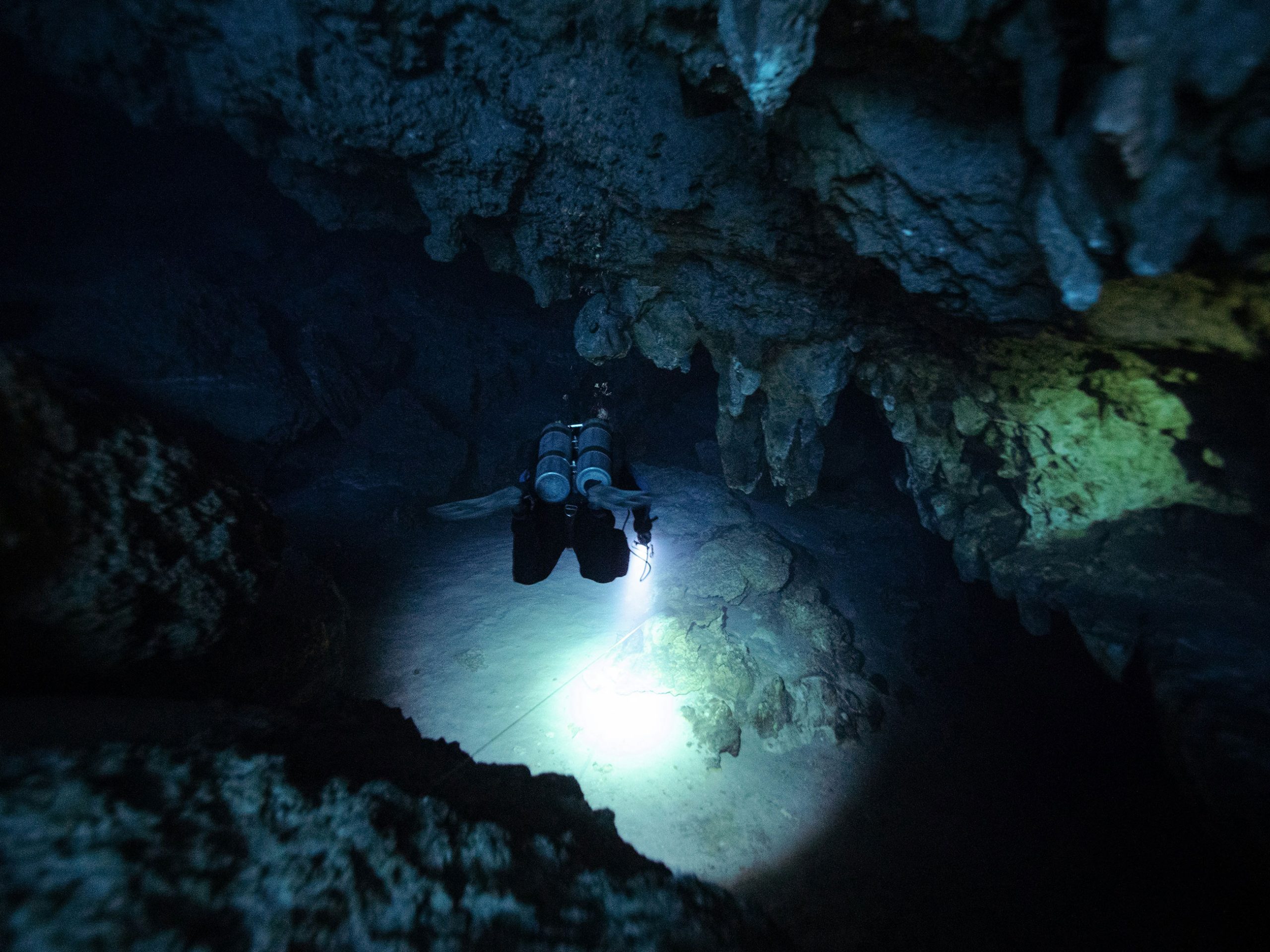
Famous Cave Diving Locations
If you’re dreaming of your first cave dive, here are some of the world’s top spots:
- Cenotes, Mexico: These flooded sinkholes offer clear water and beautiful formations, perfect for beginner cave divers.
- Devil’s Cave System, Florida, USA: A well-known spot offering a range of challenges for divers of all levels.
- The Blue Hole, Belize: A stunning combination of open water and cavern diving.
- Lot Region, France: Known for its extensive underwater cave systems and pristine beauty.
Common Challenges and Hazards
Cave diving comes with its fair share of challenges. Here’s what you need to be prepared for:
- Psychological Stress: The confined spaces and darkness can be intimidating.
- Environmental Risks: Low visibility, silt-outs, and cold water are common hazards.
- Equipment Failure: The complex gear setup means there’s more that can go wrong.
- Disorientation: Losing your way in a cave is a serious risk.
Tips for Aspiring Cave Divers
Ready to start your cave diving journey? Here’s how to make it a success:
- Start Small: Practice in caverns before moving to full cave systems.
- Take It Slow: Build experience gradually to avoid overwhelming yourself.
- Dive With Experts: Learn from seasoned cave divers who can mentor you.
- Stay Fit: Cave diving requires physical and mental endurance.
- Continue Learning: Regularly update your skills with advanced courses and workshops.
The Ethical Responsibility of Cave Divers
Caves are fragile environments, and divers must treat them with care. Follow these principles to minimize your impact:
- Leave No Trace: Avoid damaging formations or disturbing wildlife.
- Respect Local Rules: Many caves have restrictions to protect their ecosystems.
- Be Mindful of Others: Share the space respectfully with fellow divers.
Cave diving is a thrilling way to push the boundaries of scuba diving while exploring the planet’s hidden wonders. With proper training, the right equipment, and a commitment to safety, you can experience the unparalleled magic of diving through underwater caves. It’s not just an adventure—it’s an opportunity to connect with history, geology, and life in its most mysterious forms. So, are you ready to dive into the dark depths?
This guide is designed to help you begin your journey into the fascinating world of cave diving, giving you the tools and knowledge to explore responsibly. Remember, the underwater world is vast, beautiful, and worth preserving for future generations.

